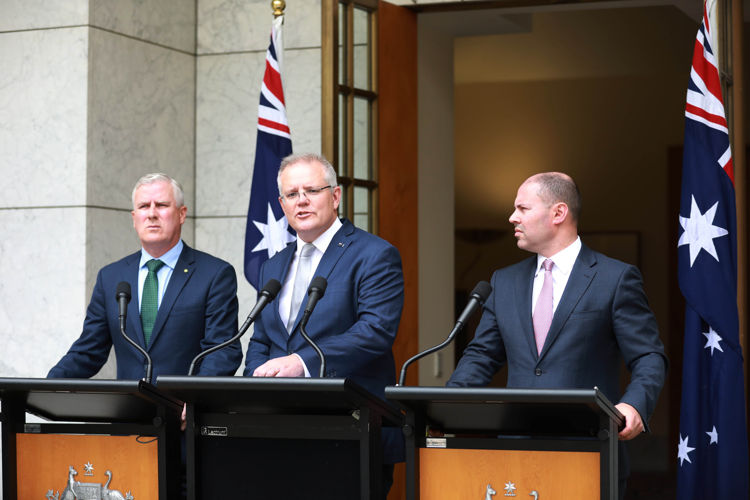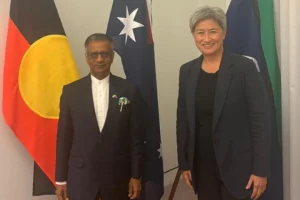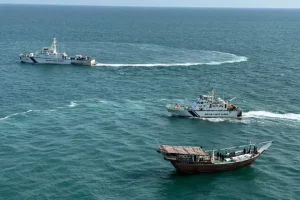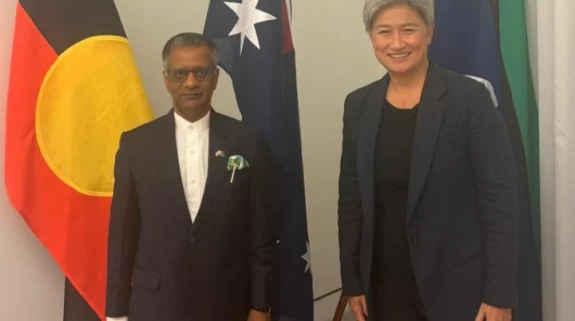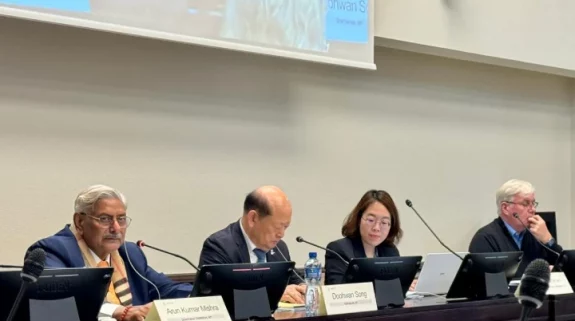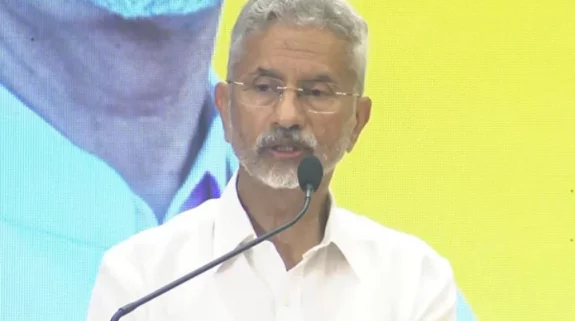With growing hostilities in the Indo-Pacific region owing to threats and expansionism by China, Australia plans a US $770 million defence investment in its navy. A statement by Defence Minister Linda Reynolds said: “These new capabilities will provide a strong, credible deterrent that will ensure stability and security in the region.”
A news report by Reuters said that Australia will spend the money on developing long-range anti-ship missiles, extended range surface-to-air missiles, advanced lightweight torpedoes, and maritime land strike capabilities to "project and maintain sea control." The idea is to strengthen the navy's defences amid turmoil in the neighbourhood.
The Defence Minister said: "This investment is part of the Morrison government's $183 billion (US $141.538 billion) Naval shipbuilding plan, which will see up to 23 classes of vessels built here in Australia, creating thousands of jobs and significant opportunities for Australian industry."
This expansion of the defence forces is part of a strategy to broaden the country's manufacturing base to not only build a deterrent but also boost the domestic defence industry besides creating jobs amid a coronavirus slump.
The current fleet of the Royal Australian Navy will be equipped with anti-ship and surface-to-air missiles with a range of approximately 370 km and maritime land strike missiles with a range of approximately 1,500 km.
Sino-Australian relations have deteriorated sharply in the last one year over the coronavirus pandemic after Australia asked for an inquiry into the origin and spread of the infection. China was quick to threaten retaliation against Australia with trade and tariff wars.
China has been publicly unhappy with Australia for being part of the four-member Quad, consisting of India, US, Japan and Australia. After much dithering on part of India, in 2020 Australia joined the Quad's Malabar maritime exercise in the Bay of Bengal and the Arabian Sea last year. For the past many years, China has been opposing the Malabar Exercises as it feels threatened by American presence in a region which it seeks to control and, more than often, violate.
In an opinion piece, Australian website, News.com reported that the mere mention of the term 'Indo-Pacific' makes China bristle. Talking about the recently de-classified document by outgoing President Donald Trump, the article says: "This document, the US Strategic Framework for the Indo Pacific, detailed how Australia would play a key role in “preventing China from establishing new, illiberal spheres of influence”. Beijing, as you can imagine, was furious about the document. But also the use of those two words."
It is not just Beijing that is bristling. The Quad countries too are concerned over the communist government's frequent violations of territorial sovereignty in its immediate neighbourhood. Taiwan, Japan, Vietnam, Malaysia and Brunei. China has sent its navy into the territorial waters of all of these countries besides violating Taiwanese air space on a daily basis by sending its fighter planes over the island nation.
In view of military threats by China, countries in the Indo-Pacific are forging partnerships to take on China and ensure freedom of navigation in the seas around south east Asia and the Indian Ocean.






